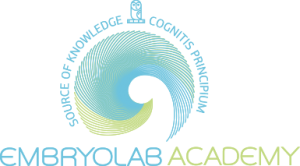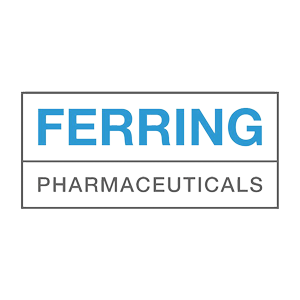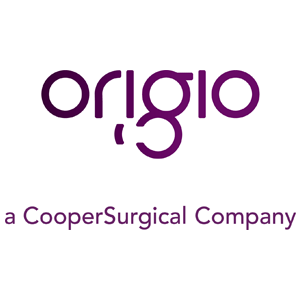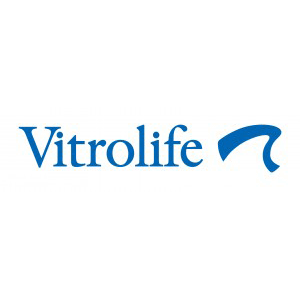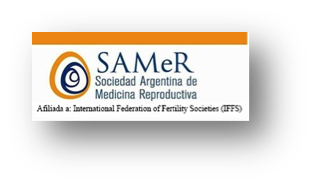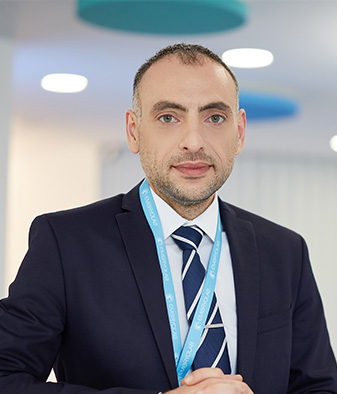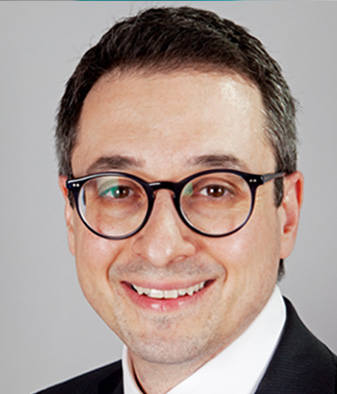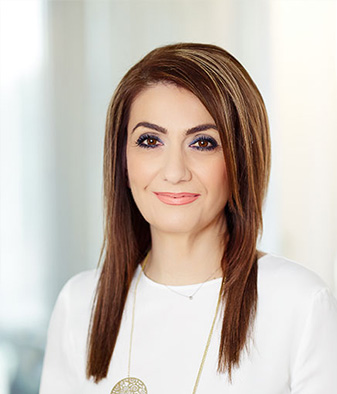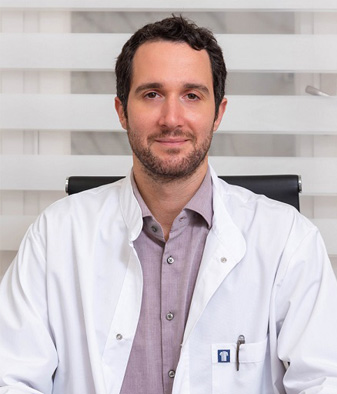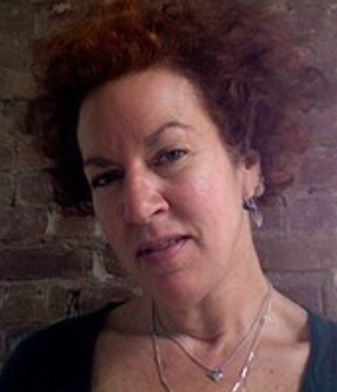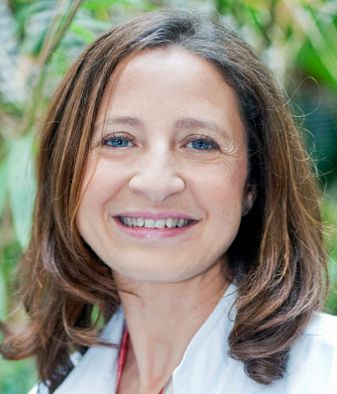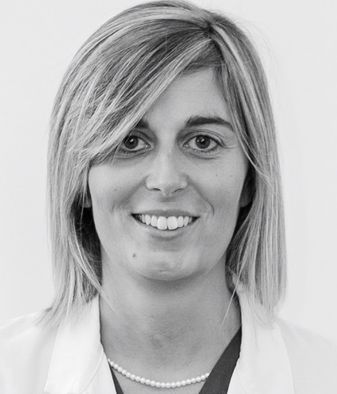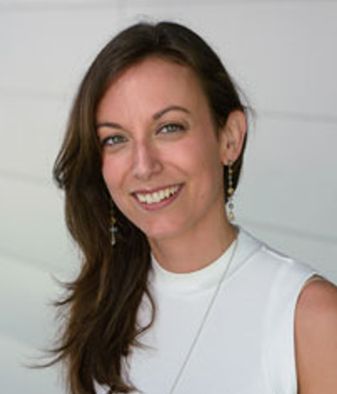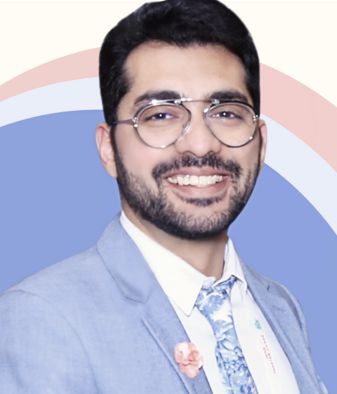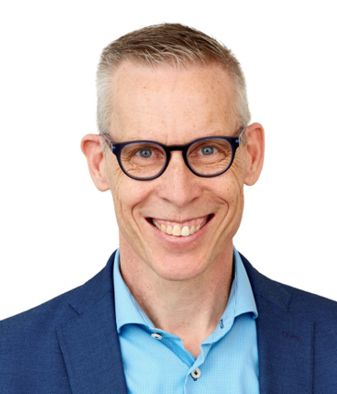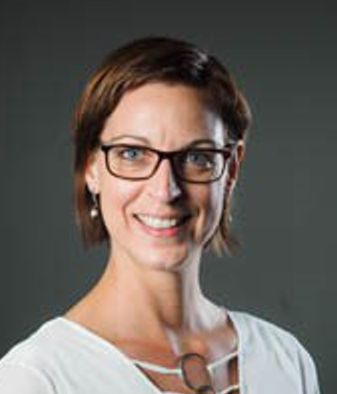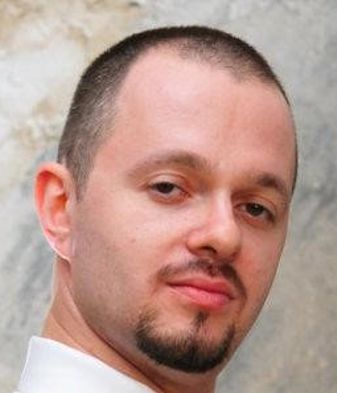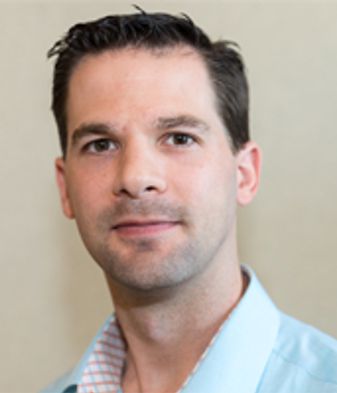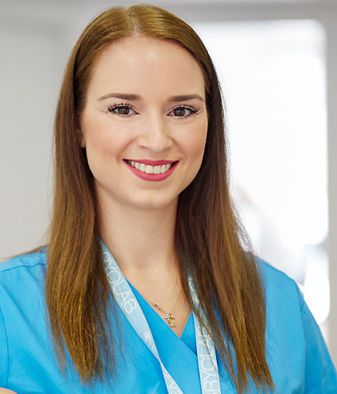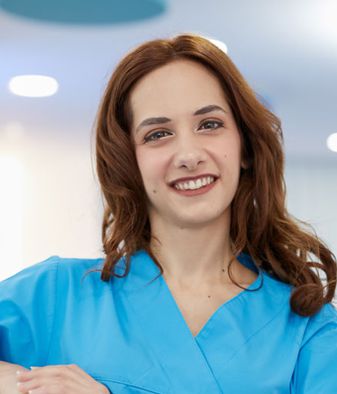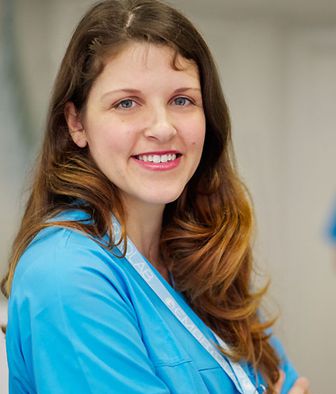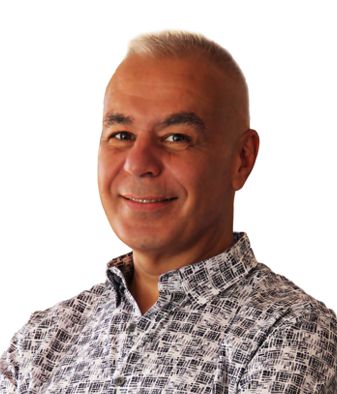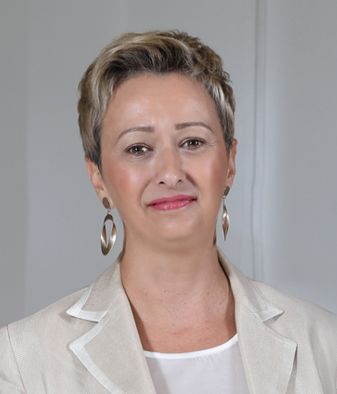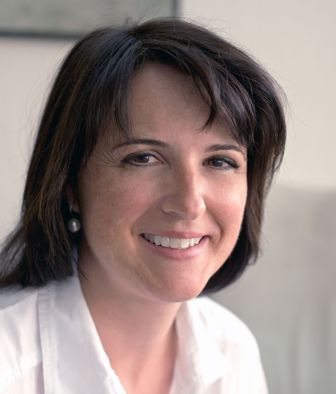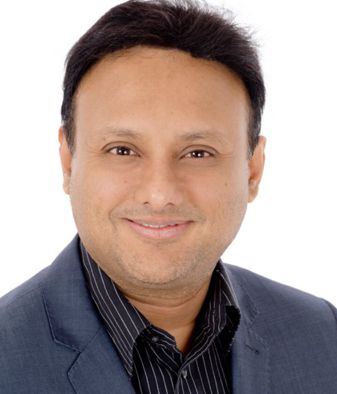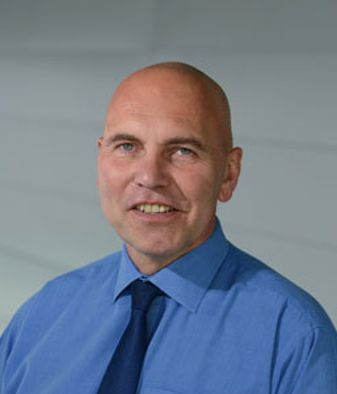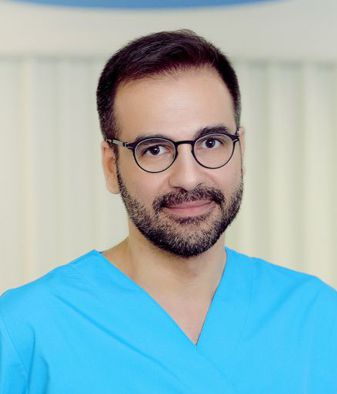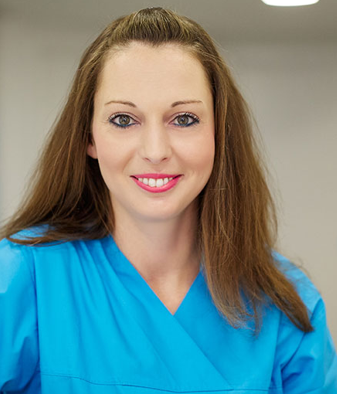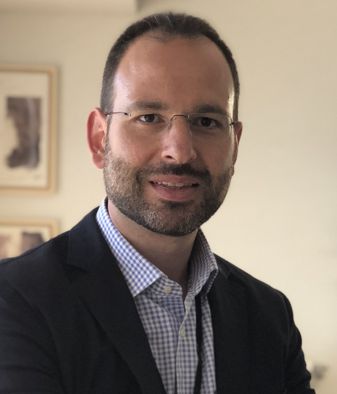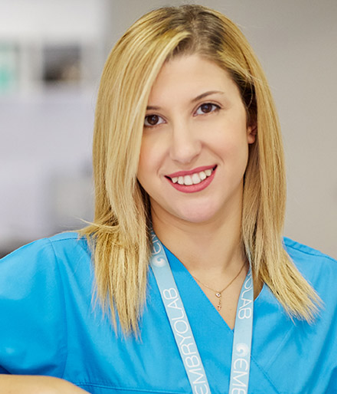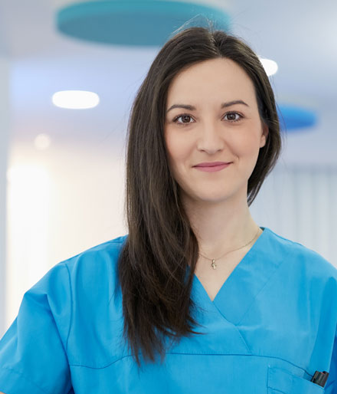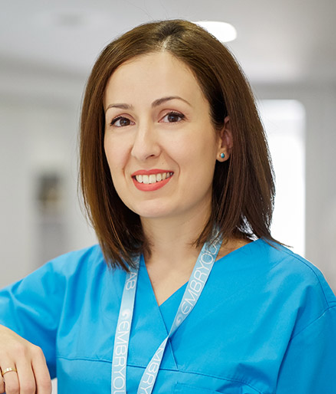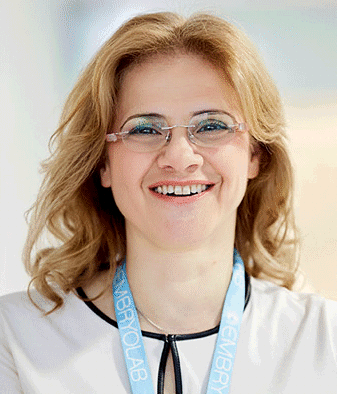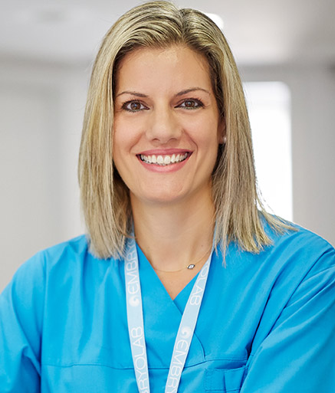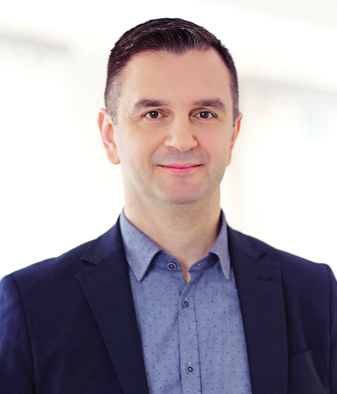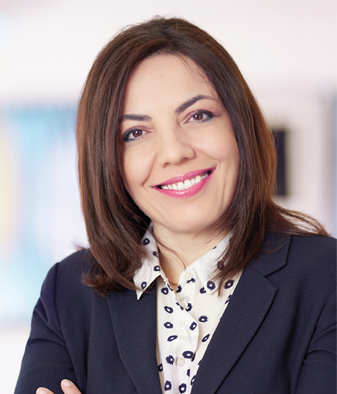Universidad de La Matanza
and
the Ministerio de Salud de la Provincia de Buenos Aires
in collaboration with
Embryolab Academy
are organising
IVth Annual Symposium
of the Assisted Reproduction Programme
of the Province of Buenos Aires
Quality and Risk Management in IVF laboratories
4 and 5 December 2014
Universidad de la Matanza
Provincia de Buenos Aires, Argentina


UNLaM Universidad Nacional de La Matanza

Symposium Objectives
Quality Control and Risk Management in the IVF laboratory plays an important role in the success of any IVF program. Course objectives are the following:
- To improve knowledge and understanding of all the recent advances in Quality and Risk Management for assisted reproduction technologies (ART) laboratories.
- To focus on all processes performed within ART laboratories and how they can be improved by Total Quality Management (TQM)
- To understand how quality assessment and TQM will provide patients with the best and most safe treatments and procedures available
- To investigate how TQM can be a useful tool to improve efficacy and efficiency, also with respect to financial and administrative aspects
Target Audience
This two-day workshop is designed for reproductive scientists, embryologists, quality managers in IVF as well as ART Unit managers who desire to improve their knowledge and understanding of all the recent advances in Quality and Risk Management for ART laboratories.
Program
The theoretical session will give an overview of the recent advances in Quality and Risk Management for laboratories working with Assisted Reproductive Technologies. In the afternoon session different experts will focus on different methodologies/techniques to standardise, measure, validate, and control different parameters like temperature, pH, air quality etc. in ART laboratories.
In the’ Brains-on’ sessions the expert team and the participants will investigate specific problems/troubles/issues that can occur in their laboratories. In an interactive way, the expert team and the participants will investigate the problem and design a route for solving and preventing these (and other) problems in the future.
Topics discussed will include the following
- What is quality and why does it matter?
- What is quality management?
- What is total quality management (TQM)?
- ISO 9001 – ISO 15189 – What is in the number?
- How does TQM impact your day to day work in the ART laboratories: IVF, Andrology, PGD and Cryobiology laboratories
- How to collect and manage your data
- Internal and external quality control for IVF, Andrology, PGD and Cryobiology laboratories
- KPI’s and other stuff: How to define your success rates in TQM and the role of statistics
- What is risk and how do you analyse it?
- Non-conformity registration in ART: why bother?
- How do I prepare, implement and review SOPs (Standard Operating procedures)?
- How do I measure and validate temperatures, O2 and pH of specific equipment in my laboratories
- What about selection, quality and validation of media used in my laboratories?
- I need to prevent errors and have traceability in all my laboratory activities and cryostorage system. Is there a simple way?
- I need safe materials and equipment for my laboratory and patient related procedures. Are they safe? How to select?
- Air quality: is it that important and if so, how to measure and control it?
Symposium Organisers
- Ministerio de Salud de la Provincia de Buenos Aires , Argentina
- Universidad de La Matanza, Provincia de Buenos Aires, Argentina
- Embryolab Academy, Thessaloniki, Greece
Symposium Directors
Dr. Ricardo Asch , Argentina – Dr. Martine Nijs, Greece
Symposium Coordinators
Dra. Natalia Tarducci, Argentina – Dr. Gustavo Martinez, Argentina – Dr. Margarita Bosch, Argentina -Dra Alexia Chatziparasidou, Greece
Speakers
Our speakers have been carefully selected on the basis of the importance and weight of their scientific work in the specific domains of interest as well as their excellent educational skills.
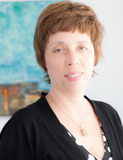
Martine Nijs
PhD, M Sc, Bac Sc, ESHRE accredited Sr Clin Embryologist Director IVF and Andrology Laboratories Nij Geertgen, the Greece; Research and Development Consultant Embryolab, Greece; Director Embryolab Academy, Greece
Martine Nijs has been working in the field of reproductive biology for over 20 years; first as a senior clinical embryologist and later as IVF lab director. She obtained her PhD in Medical Sciences at the Free University of Brussels in Belgium. She is also an ESHRE accredited senior clinical embryologist. Research as well as delivering high quality laboratory work has always been one of her passions. Martine is first author of 17 peer reviewed publications five chapters in books and co-author in 68 publications. Martine has presented over a hundred lectures as an invited speaker at national and international meetings. She has been actively involved in organising International Meetings, Workshops and one-to-one Hands-on workshops. Dr. Martine Nijs is member of the Editorial Board Faculty 1000 Research and ad hoc Board member of 9 international Journals in reproductive biology and fertility treatments. She is an active member of 7 professional societies. Martine is co-founder and Director of the Embryolab-Academy, Research and Development Consultant at Embryolab in Greece and Director IVF and Andrology Laboratories at Nij Geertgen, Greece
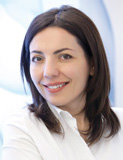
Alexia Chatziparasidou
M Clin Embryology, M Sc, Bac Sc, ESHRE accredited Sr Clin Embryologist Laboratory Director Embryolab, Thessaloniki, Greece
Mrs. Alexia Chatziparasidou is a Sr. Clinical Embryologist with long experience of more than 30,000 IVF cycles. Her scientific interests focus mainly on the application of modern fertility preservation techniques. She has also long experience on treating male subfertility, as well as on developing methods of co-culture with homologous endometrial cells. In 2007, Mrs Chatziparasidou completed her M Sc in Clinical Embryology at the University of Leeds, UK. Since 2007 she is actively involved in preimplantation genetic diagnosis and screening in couples at risk. In 2004, Mrs Chatziparasidou founded Embryolab, and since has been the director of Embryolab, a modern state of art assisted reproduction unit. She is member of Alpha, the international society of Reproductive Scientists , the European Society of Human Reproduction and the American Society of Reproductive Medicine. Mrs Chatziparasidou is co-founder of Embryolab-Academy
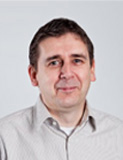
Hubert Joris
Bac Med Lab Tech, ESHRE accredited Clinical Embryologist Medical Affairs Manager Vitrolife, Västra Frölunda, Sweden
Hubert Joris is a BSc in medical laboratory technology. He has been working in ART from 1989 until 2004 at the Centre for Reproductive Medicine of the Dutch-speaking Brussels Free University, Belgium where he co-authored the first paper on ICSI pregnancies. Hubert is the (co)-author of over 60 peer reviewed articles on ICSI, embryology, cryopreservation, embryo biopsy, PGD and pregnancy follow up. He is the recipient of two ESHRE awards at the 1998 and 2004 Annual meeting of the European Society of Human Reproduction and Embryology. Hubert is also an ESHRE accredited Clinical Embryologist. Hubert Joris is currently working at the research department of Vitrolife, where his is involved in the scientific and technical developments.
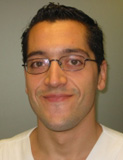
Nicolás Garrido Puchalt
PhD, MSc, M Res Methods, Bac Sc Director of the Andrology Laboratory and Sperm Bank, IVI Valencia, Spain
Dr. Nicolás Garrido received his Biological Sciences Degree in 1997 from the University of Valencia in Spain. He did a pre-doctoral fellowship at the Frauenklinik, Düsseldorf, Germany. He received his Ph.D. Degree in Obstetrics and Gynaecology in 2001 from the University of Valencia, Spain, and the Extraordinary Prize for his thesis work in 2002. He also has a Master degree in Research Methods; Design and Statistics from Universidad Autónoma de Barcelona, Spain. Since 2000, he is the Director of the Andrology Laboratory and Sperm Bank at the Instituto Valenciano de Infertilidad (IVI). Dr. Garrido is a member of several scientific societies and has twice received the research award from the Spanish Society of Fertility, and the Prize Paper of the Spanish Society of Urology. The primary areas of his research are the molecular markers of male infertility and sperm survival after freezing/thawing, assisted reproduction in HIV/VHC sero discordant couples, and sperm banking. Dr. Garrido is the recipient of several grants from public and private organizations in Spain. He has published over 100 articles and 40 reviews or book chapters, made almost 300 presentations at national and international congresses. He is the statistics assessor of IVI Valencia. Dr. Garrido coordinates the fellowship courses from the Teaching Area of the IVI group and is Professor in the Master in Biotechnology of the Human Reproduction from Instituto Universitario IVI, Valencia University. He is also in charge of IVICO, an IVI group company dedicated to provide with training, consulting and auditing services to assisted reproduction units.
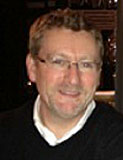
David Morroll
PhD, MSc , Sr Clinical Embryologist Director of Embryology, Origio, Malov, Denmark
Dr. David Morroll has worked as a Clinical Embryologist since 1986, training in Manchester, where he also completed his PhD studies. He has since managed laboratories in a number of UK IVF units including those in Nottingham, London and Leeds, and is currently Scientific Director for the Centre for Reproductive Heath at Daresbury in Cheshire. He joined ORIGIO a/s as Director of Embryology in November 2011, providing training and education, performing audits and troubleshooting visits, and participating in product R&D. He served as Chair of the UK Association of Clinical Embryologists (ACE) and Association of Biomedical Andrologists (ABA), as well as being involved with several working groups, notably the HFEA Expert Group on Multiple Births after IVF. As well as general embryology expertise, Dr Morroll has a keen interestin quality management, acting as Quality Manager for certification to ISO9000:2008. He also worked with the UK National External Quality Assurance Schemes (NEQAS) for Andrology and Embryo Assessment, after performing the initial pilot studies in Nottingham.
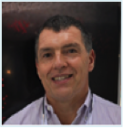
Gustavo Martinez
PhD., Bac Sc., SAMeR accredited Sr. Clinical Embryologist Director of the Biology Laboratory, Fertilidad San Isidro, Buenos Aires; Vice President Argentinian Society of Reproductive Medicine (SAMeR), Argentina
Dr. A. Gustavo Martínez received his Biological Sciences Degree in 1991 from the University of Buenos Aires in Argentine. He received his Ph.D. degree in 2006 from the University of Buenos Aires in Argentine, working in cryopreservation of mammalian embryos. Since 2000, he is the Director of the Biology Laboratory of Fertilidad San Isidro, Buenos Aires, Argentine. Dr. Martínez is a member of Argentinian Society of Biology (SAB) and the Vice President Argentinian Society of Reproductive Medicine (SAMeR). The primary areas of his work are human clinical embryology and andrology. He has published over 20 articles and made almost 100 presentations at national and international congresses. He is the director of the Biology of Reproduction course in SAMeR. He has directed more than 20 bachelor science thesis and also has directed more than 20 students from On-line course of Red Latin-American Assisted Reproduction Net (Red LaRA)
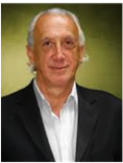
Ricardo Asch
Prof., Gyn Obst , MD Honorary Professor University of Buenos Aires (UBA), Consultant Ministry of Health Province of Buenos Aires , Argentina
Dr. Asch received his MD degrees at the University of Buenos Aires, Argentina where he also completed his residency in Gynecology. He served fellowships in Endocrinology and Reproductive Medicine in The Medical College of Georgia and at the University of Texas-San Antonio. Dr. Asch was appointed Professor at The University of Texas-San Antonio and The University of California-Irvine, where he held the position of Vice Dean of the Medical School. Dr. Ricardo H. Asch has published 300 original research articles in the field of Human Reproduction focusing on GIFT, ZIFT and MESA. He has authored in and edited 6 books and received numerous awards for his achievements in basic and clinical research in the fields of infertility and endocrinology. He is t member of multiple scientific organizations and received Professor Honoris Causa from Universities in Argentina, Italy and Colombia. Dr. Asch served in the Editorial Board of several Medical Journals dedicated to endocrinology and fertility. Dr. Asch main clinical interests are developing new fertility therapies and new fertility preservation methods in oncology patients. Dr. Asch also focusses on Bioethical aspects in Reproductive Medicine. Currently, Dr. Asch is consultant to the Ministry of Health of the Province of Buenos Aires in Argentina where he participates in the Project to facilitate equal and free allocation of fertility treatments for all the citizens in Society and fights against the medical discrimination of underserved minorities.
Symposium Programme
Programme Wednesday 3 December 2014
Symposium Welcome Reception
Programme Thursday 4 December 2014
Morning Session
| 8:00 – 8:30 | Registration with coffee and tea |
|---|---|
| 8:30 – 8:40 | Welcome by the Directors of the Symposium Ricardo Asch, Argentina – Martine Nijs, Greece |
| 8:40 – 9:20 | What is quality? What is quality management? What is Total Quality Management ? Martine Nijs, Greece |
| 9:20 – 10:00 | Certification – accreditation – ISO 9001 – ISO 15189 – ABB : what’s in a name, what’s in a number? Alexia Chatziparasidou, Greece |
| 10:00 – 11:00 | How to collect and manage your data Nicolás Garrido Puchalt, Spain |
| 11:00 – 11:30 | Coffee break |
| 11:30 – 12:00 | What is risk and how do you assess it? Non-conformity registration in ART. Alexia Chatziparasidou, Greece |
| 12:00 – 12:30 | Internal and external quality control for IVF, Andrology, PGD and Cryobiology laboratories Martine Nijs, Greece |
| 12:30 – 13:30 | Lunch |
Programme Thursday 4 December 2014
Afternoon Session Quality Control in the laboratory
| 13:30 – 14:15 | How do I prepare, implement and review SOPs (Standard Operating procedures)? Nicolás Garrido Puchalt, Spain |
|---|---|
| 14:15 – 14:45 | I need safe materials and equipment for my laboratory and patient related procedures. Are they safe? How to select? Martine Nijs, Greece |
| 14:45 – 15:15 | Air quality: is it that important and if so, how to measure and control it? Alexia Chatziparasidou, Greece |
| 15:15 – 15:45 | Coffee Break |
| 15:45 – 16:15 | How about Quality Control in a Transport IVF System Martine Nijs, Greece |
| 16:15 – 16:45 | Quality and Legal and Ethical aspects- Current situation – a complementary match Ricardo Asch and Gustavo Martinez, Argentina |
Programme Friday 5 December 2014
Morning Session
| 9:00 – 10:00 | How to define your success rates in TQM, KPI’s and the role of statistics Nicolás Garrido Puchalt, Spain |
|---|---|
| 10:00 – 10:30 | Preventing errors and having traceability in all your laboratory activities and cryostorage systems – how to manage Alexia Chatziparasidou, Greece |
| 10:30 – 11:00 | Coffee break |
| 11:00 – 11:30 | Culture medium validation and Quality Control in your laboratory: similar or complementary to manufacturers Quality Control? David Morroll, Denmark |
| 11:30 – 12:00 | How do I measure and validate parameters like osmalarity, temperatures and pH in specific equipments in my laboratories . What is their role in my culture system? Hubert Joris, Sweden |
| 12:00 – 12:30 | The particular nature of IVF Total Quality Management: successes and pitfalls Martine Nijs, Greece |
| 12:30 – 13:30 | Lunch |
Programme Friday 5 December 2014
Afternoon Break out Session Brains-on: ‘Bring your troubles to us and we will ’shoot’ them!’
| Chair: All invited speakers will take part of the expert panel | |
|---|---|
| 13:30 – 15:00 |
In this interactive ‘break-out’ session, expert speakers will present case reports in groups, describing a specific problem/trouble/issue encountered in an IVF laboratory. Topic examples:
|
| 15:00 – 15:45 | Summary of ‘Brains-on’ workshop |
| 16:00 | Closure of workshop and Farewell drink |
General Information
Symposium Registration
Registration is free of charge. Number of participants is limited to 100. Confirmation of registration is based on a ‘first-come-first-serve’ basis.
Please mail your request for registration to qualitycontrol.ivf@gmail.com. An electronic registration form will be mailed to you by Ms. Margarita Bosch.
Symposium Secretariat
For any information please mail to qualitycontrol.ivf@gmail.com
Symposium Venue
UNLaM Universidad de la Matanza, Moreno 1623 – Auditorio , Capital Federal, Buenos Aires, Argentina
Symposium language
The official language of the Workshop is English. There will be simultaneous translation to Spanish.
Liability
The Workshop secretariat and organiser cannot assume liability for personal accidents, loss of or damage to private property of participants, either during, or directly arising from the Workshop. Participants should make their own arrangements with respect to health and travel insurance. Ongoing professional education, Evaluation of Symposium and Certificate of attendance
Participants can demonstrate by means of replying to a short set of questions their understanding and learning of the specific topics presented during the Symposium. A CPD questionnaire, together with an overall evaluation questionnaire of the Symposium will be mailed to each participant. After completion of the on-line questionnaires, delegates will be directed to a Download page to retrieve CPD Certificates and Certificates of Attendance.
Sponsors
Our generous sponsors
